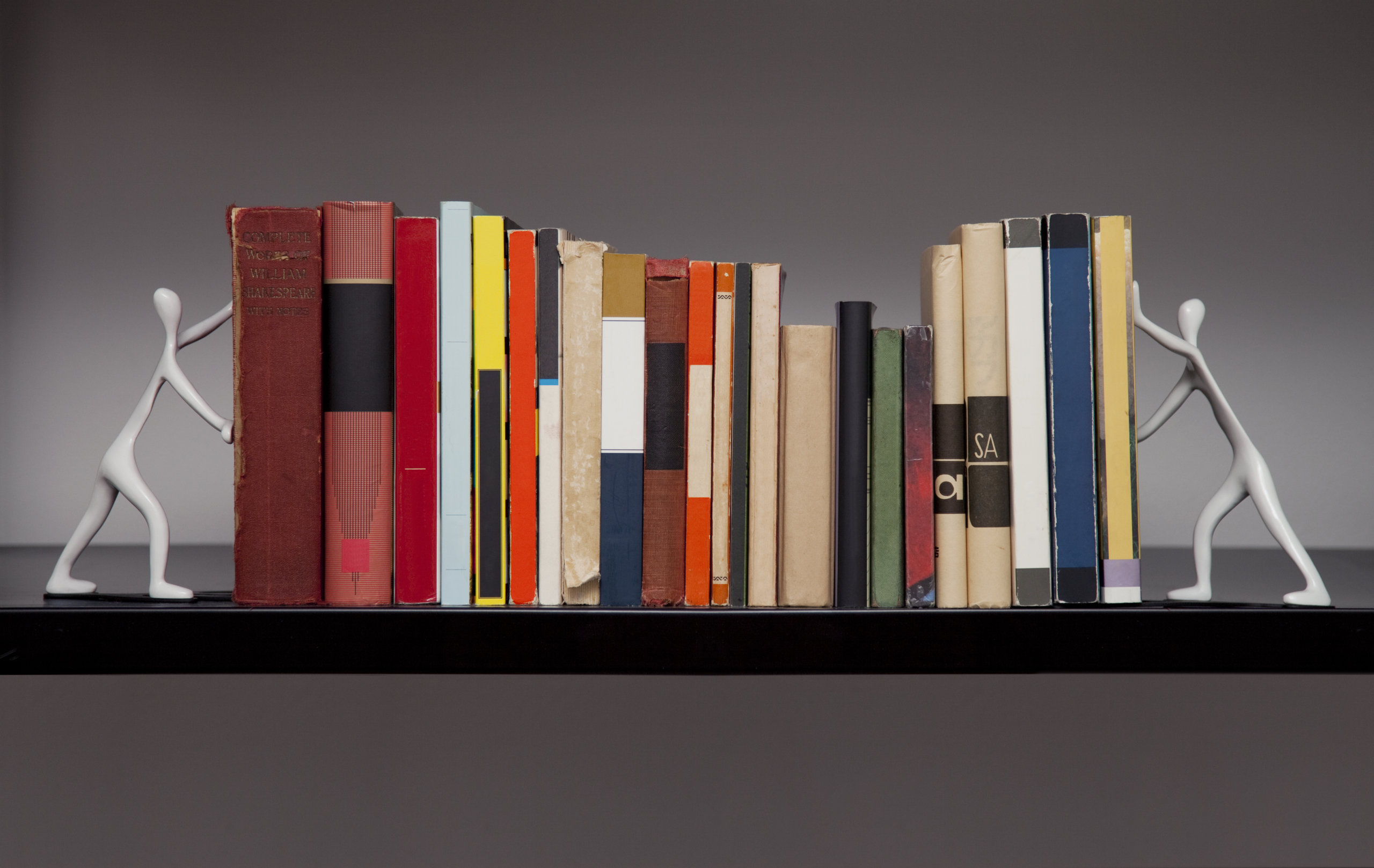 When I was in college, my days started before my feet hit the floor… or so my roommate said. I was that morning person who couldn’t wait to get going, even on the weekends. Later, well into my career, I was a good fit for a global company that had employees covering all time zones and a culture that was 24/7: always available, always “on.” When I started a family, this became harder, and I found I struggled to recover at that pace. Now, as an entrepreneur running a global business, who has grown children and young grandchildren, the pace still becomes unsustainable at times. This is especially true now, as each of our days has become a blend of home and work life in this global pandemic. Maybe you feel something similar today or have felt like this through the various stages of your life.
When I was in college, my days started before my feet hit the floor… or so my roommate said. I was that morning person who couldn’t wait to get going, even on the weekends. Later, well into my career, I was a good fit for a global company that had employees covering all time zones and a culture that was 24/7: always available, always “on.” When I started a family, this became harder, and I found I struggled to recover at that pace. Now, as an entrepreneur running a global business, who has grown children and young grandchildren, the pace still becomes unsustainable at times. This is especially true now, as each of our days has become a blend of home and work life in this global pandemic. Maybe you feel something similar today or have felt like this through the various stages of your life.
There is plenty of research that shows the human brain and body need recovery space and time. It is up to us to consciously use our shut-off valves. But as someone who has spent much of her life lying awake at night while ruminating over work items, I know this is not as simple as it sounds.
What Are Bookends in Life?
In Signature, we introduce the concept of “bookends.” If you sleep with your cellphone next to your bed so you can check it the minute your eyes open, you are a candidate for a bookend. Creating bookends in life means establishing a routine that creates a buffer on each side of your day – morning and evening.
I like to suggest 30-minute bookends. In the morning, you might choose to meditate, listen to music, stretch, or drink your morning coffee or tea, noticing the smell and the taste as you stay in the moment. Choose whatever works for you, even if it means starting with a 5-minute routine that you can gradually increase over time to create a new habit.
In the evening, it may be even more crucial. You wouldn’t put your child (or your pet) to bed without a “wind-down routine”, so why should you be different? If you move from your laptop right to bed, or if you watch news updates on TV in bed, your mind is being stimulated, not relaxed. Instead, drink hot tea, journal about your day, relax with music, or perform a breathing exercise. If you struggle with sleep because you can’t turn your brain off, try making a list of the thoughts going through your mind so that they are written down and you can offload them.
While any of these bookend ideas could be good for your own “wind-down routine,” the key is to find something that works for you and stick with it. Whatever your bookend plan, try to use this buffer as a “digital detox” as well.
Last summer, Chrissy Toskos, VP of HR for Prudential and a Signature alumna, shared her new morning bookend routine. It was not 30 minutes; it was 10. But that 10 minutes made a difference for her. It included 5 minutes of meditation, using an app she had downloaded. The biggest difference, however, was NOT looking at her email before breakfast with her kids. For Chrissy, it changed her outlook for the day. Instead of becoming distracted about the day’s challenges and hurrying her kids out the door with impatience, she was calmer. She was more in the moment with her kids, and it even changed the way she approached the situation when she arrived at the office. She describes it as being more thoughtful and open to problem-solving.
Creating bookends in life and in our days has always been important. It is not only good for our physical and mental well-being, but our overall performance. We are more effective in our jobs, and most notably, more effective in our relationships.
What are your bookend routines? I would love to hear what works for you.
